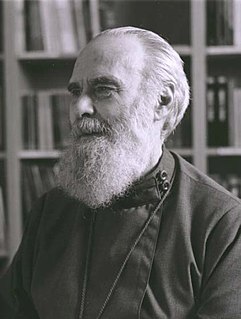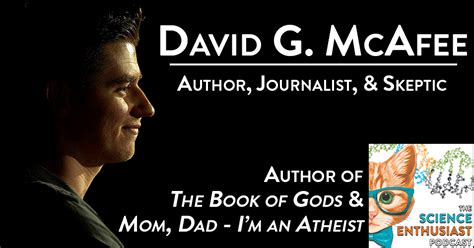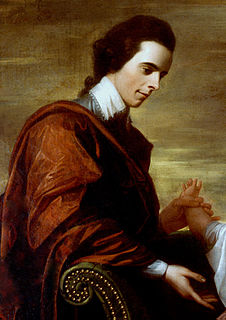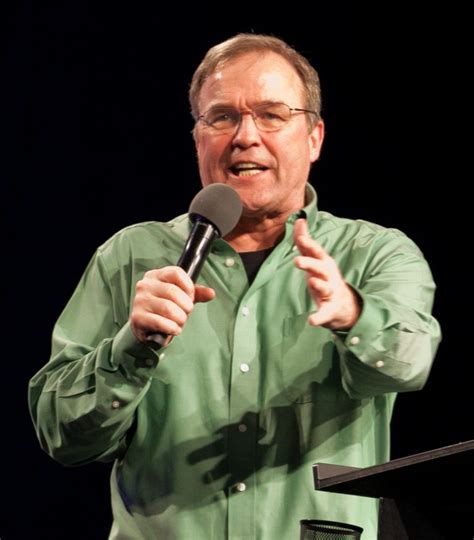A Quote by Oliver D. Crisp
[John Calvin's] treatment of the person and work of Christ, of the Holy Spirit in the life of the believer, of prayer and liturgy, of the sacraments, and of the way in which we have an in-built sense of the divine that we suppress to our great sorrow - these are all immense contributions to Christian thought. The same could be said of his commentaries, which are still regularly consulted by biblical critics today.
Related Quotes
Do you wish to learn the secret of true Eucharistic prayer? Consider, then, all the mysteries in the light of the Blessed Sacrament. It is a divine prism through which they can all be studied. The Holy Eucharist is, indeed, 'Jesus Christ, yesterday, and today, and the same forever' (Heb 13:8). In this Sacrament He glorifies all the mysteries of His life and prolongs, as it were, the exercise of all His virtues. The Eucharist is, in a word, the great Mystery of our faith to which all Catholic truths lead
[John] Calvin is revered as a thinker of immense importance in Reformed thought, Jonathan Edwards could say in his preface to his treatise on Freedom of the Will that he had derived none of his views from the work of Calvin, though he was willing to be called a "Calvinist" for the sake of convention.
The Holy Spirit as the Spirit of Power helpeth our infirmity in prayer. The Holy Spirit as the Spirit of Life ends our deadness in prayer. The Holy Spirit as the Spirit of Wisdom delivers us from ignorance in this holy art ofprayer. The Holy Spirit as the Spirit of Fire delivers us from coldness in prayer. The Holy Spirit as the Spirit of Might comes to our aid in our weakness as we pray.
Mary lived in the divine Eucharist, the center of her love. All her thoughts, words, and actions sprang from It like the rays from the sun. The Eucharist was the oracle which she consulted, the grace which she followed. But Jesus Christ in His Sacrament lives the same life of love which consumed Him in His mortal days. In His sacramental state He continues to adore His Father by His depthless self-abasement. He is still the Mediator and Interceder with divine goodness for the salvation of men
If we think of the Holy Spirit only as an impersonal power or influence, then our thought will constantly be, how can I get hold of and use the Holy Spirit; but if we think of Him in the biblical way as a divine Person, infinitely wise, infinitely holy, infinitely tender, then our thought will constantly be, 'How can the Holy Spirit get hold of and use me?'
Prayer, fasting, vigils, and all other Christian practices, however good they may be in themselves, certainly do not constitute the aim of our Christian life: they are but the indispensable means of attaining that aim. For the true aim of the Christian life is the acquisition of the Holy Spirit of God. As for fasts, vigils, prayer and almsgiving, and other good works done in the name of Christ, they are only the means of acquiring the Holy Spirit of God. Note well that it is only good works done in the name of Christ that bring us the fruits of the Spirit.
Every growth of spiritual life, from the first tender shoot until now, has been the work of the Holy Spirit.... The only way to more life is the Holy Spirit. You will not even know that you want more unless He works in you to desire it.... The Spirit of God must come and make the letter alive, transfer it to your heart, set it on fire, and make it burn within you, or else its divine force and majesty will be hid from your eyes.... Prayer is the creation of the Holy Spirit. We cannot do without prayer, and we cannot pray without the Holy Spirit.
In spite of our sinfulness, in spite of the darkness surrounding our souls, the Grace of the Holy Spirit, conferred by baptism in the name of the Father and the Son and the Holy Spirit, still shines in our hearts with the inextinguishable light of Christ ... and when the sinner turns to the way of repentance the light smooths away every trace of the sins committed, clothing the former sinner in the garments of incorruption, spun of the Grace of the Holy Spirit. It is this acquisition of the Holy Spirit about which I have been speaking.
Prayer doesn’t work. Perhaps it makes the believer feel better (in the same way that meditation or deep thought would), but prayer doesn’t actually affect the external world. Not only is it ineffective, but it is also a very narcissistic practice… why would a 'God' change its 'Divine Plan' to accommodate any person’s wishes?
The priest comes. . not as an obscurantist, but wearing the intelligible vestments of living faith, divine but positive, ministering in Word and Sacrament that which is humanity's hope and salvation, the divine energy in which he lives with Christ in the Father through the Holy Spirit, identified but not accommodated to the world Christ seeks to save.
The Protestant wing of the western church, which is a tiny percentage of the Body of Christ, is nearly completely (98%) unaware that the Holy Spirit is restoring contemplative prayer-center stage-to the church The Holy Spirit is restoring this precious jewel (contemplative prayer) to the body of Christ. This is the God ordained means of attaining the fullness of God.































